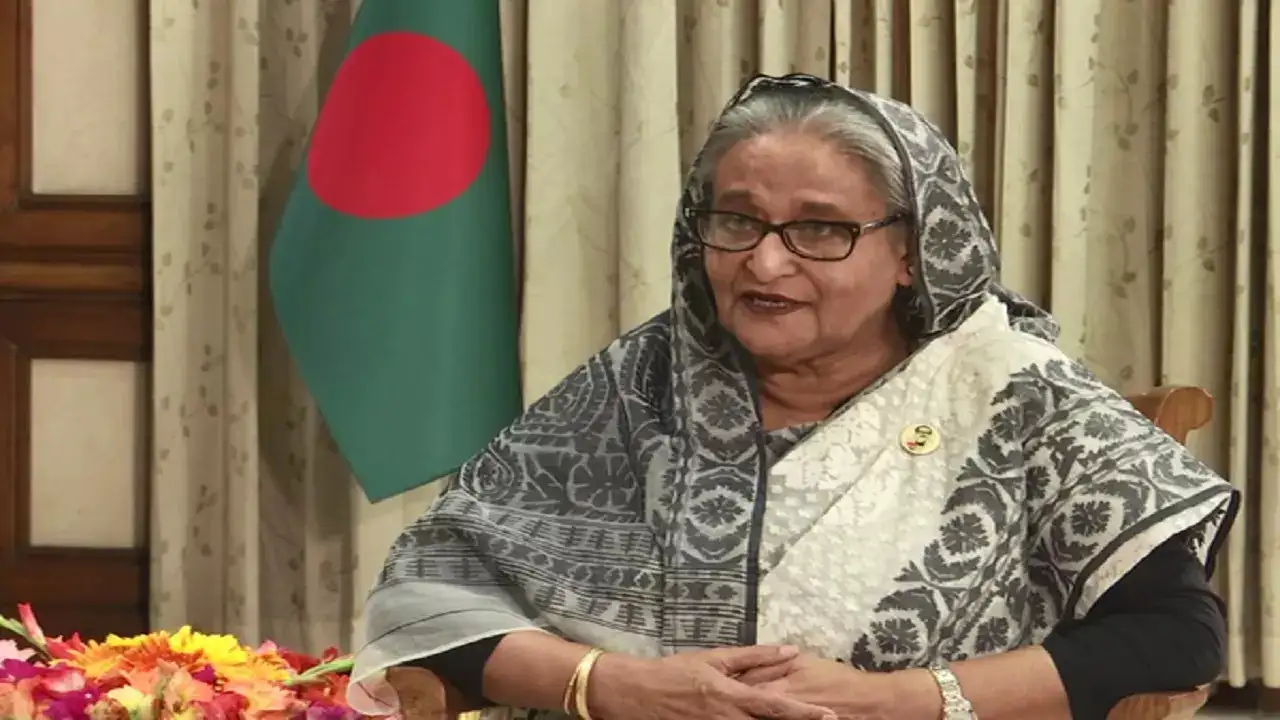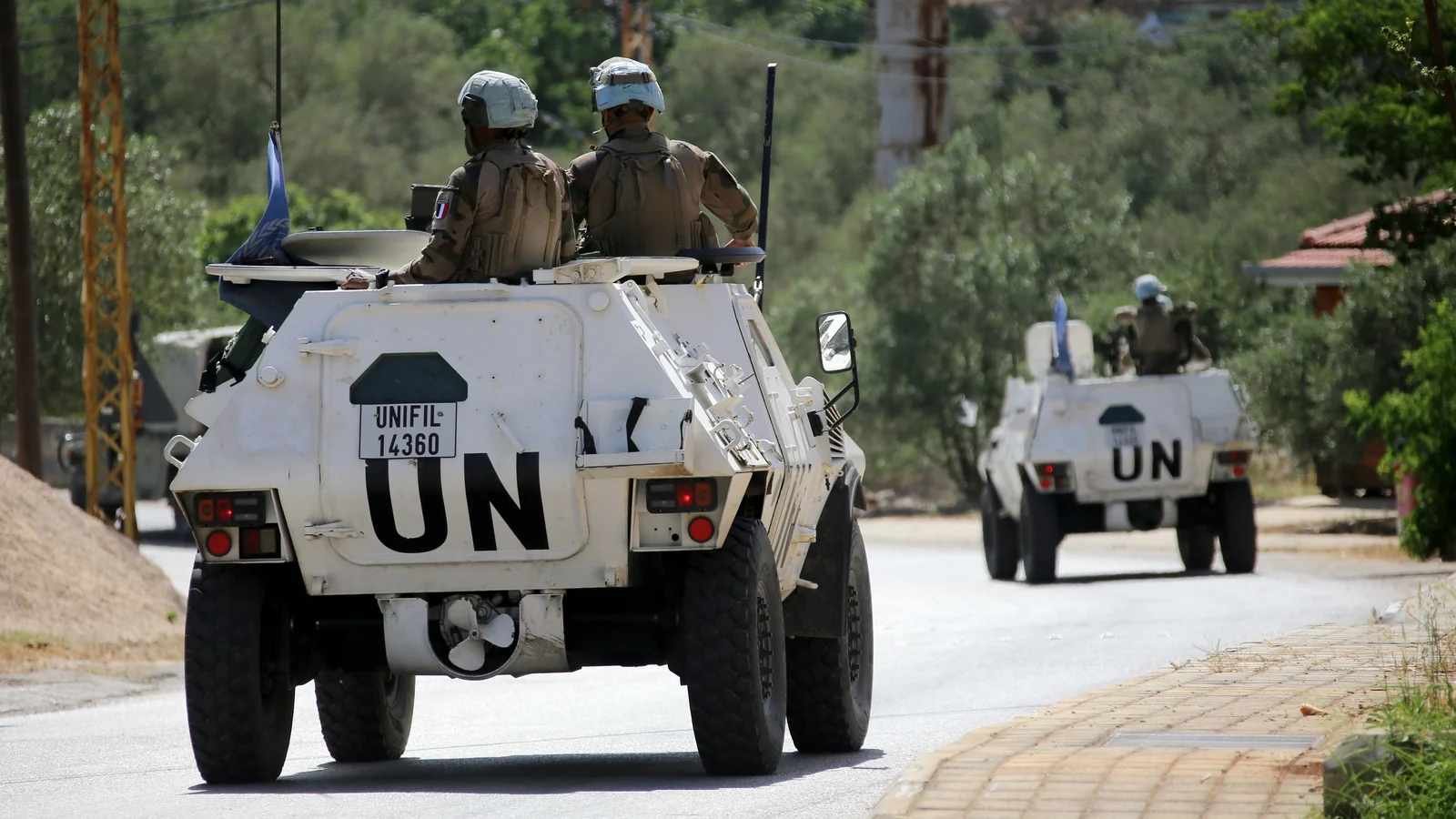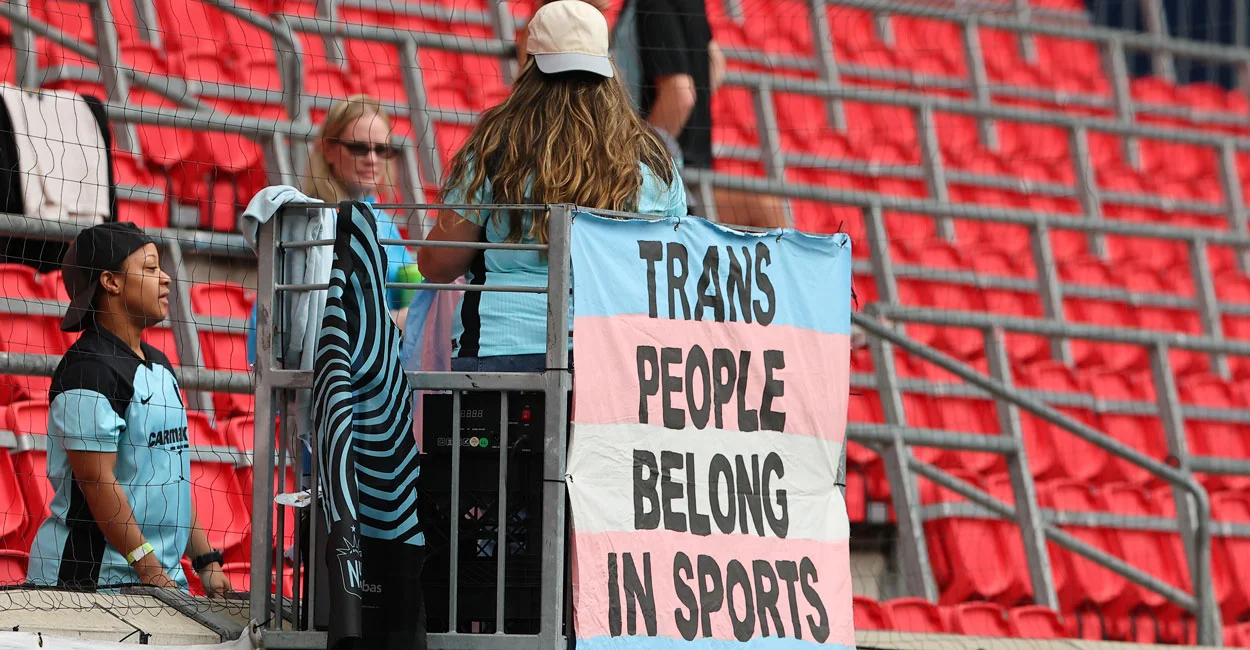Copyright timesnownews

Ousted Bangladesh Prime Minister Sheikh Hasina said on Wednesday that she has no plans to leave India, warning that millions of voters could boycott the upcoming national election if her party, the Awami League, is barred from participating. In interviews with Reuters and The Independent (UK), Hasina rejected calls to apologise for the deadly unrest that swept Bangladesh between July and August 2024, during the protests that ultimately led to her government’s collapse. Speaking to Reuters, Hasina said she is “living freely in Delhi” but remains cautious due to her family’s violent political history. Advised by Bangladesh Army Chief Waker-Uz-Zaman, Sheikh Hasina left for India on August 5 in 2024, entering self-imposed exile as tens of thousands of protesters marched towards her residence in Dhaka. Since then, reports suggest she has been living in a safehouse in Delhi. In an email interview with Reuters, Hasina stated that she "would not return to Bangladesh under any government formed after elections that exclude her party, and plans to remain in India". "I would of course love to go home, so long as the government there was legitimate, the Constitution was being upheld, and law and order genuinely prevailed," she told Reuters. Since Sheikh Hasina’s ouster, Bangladesh has been governed by an interim administration led by Nobel Peace Prize laureate Muhammad Yunus, which has vowed to hold national elections in February. "The ban on the Awami League is not only unjust, it is self-defeating," Hasina said. "The next government must have electoral legitimacy. Millions of people support the Awami League, so as things stand, they will not vote. You cannot disenfranchise millions of people if you want a political system that works," she said. Notably, Bangladesh has more than 126 million registered voters. The country’s politics have long been dominated by the Awami League and the Bangladesh Nationalist Party (BNP), with the BNP widely expected to secure victory in the upcoming election. The Election Commission suspended the Awami League’s registration in May. Earlier, the interim government led by Muhammad Yunus had banned all political activities, citing national security concerns and ongoing war crimes investigations involving senior Awami League leaders. "We are not asking Awami League voters to support other parties," Hasina said. "We still hope common sense will prevail and we will be allowed to contest the election ourselves." What Happened in Bangladesh in 2024? Sheikh Hasina had ruled Bangladesh for nearly 15 years till 2024. Daughter of Sheikh Mujibur Rahman, the nation’s founding father, Hasina secured her fourth consecutive term in January, though critics accused her of suppressing opposition voices. The crisis started with massive student protests against a controversial quota system that reserved 30 percent of government jobs for relatives of 1971 War of Independence veterans. Although the scheme had been abolished in 2018, the Supreme Court reinstated it, sparking widespread outrage. Bangladesh witnessed massive protests in July 2024. Thousands of students were arrested, and reports of torture and killings emerged. The demonstrations escalated into a nationwide anti-government movement, with calls for Hasina's resignation. The government intensified repression and over 300 people, including several police officers, reportedly lost their lives. The situation reached a breaking point on August 4, during a tense meeting at the prime minister’s official residence. Initially defiant, Hasina even suggested the army confront the protesters. However, the military reportedly refused. On the morning of August 5, she was informed that security forces could no longer control the crowds. Her sister, Sheikh Rehana, urged her to step down, but Hasina delayed until her son, Sajeeb Wazed Joy, intervened. Hasina resigned on the same day and fled to India. Army Chief General Waker-Uz-Zaman confirmed her resignation and announced an interim government. Parliament was dissolved the following day, with Nobel laureate Muhammad Yunus appointed to lead the administration.



